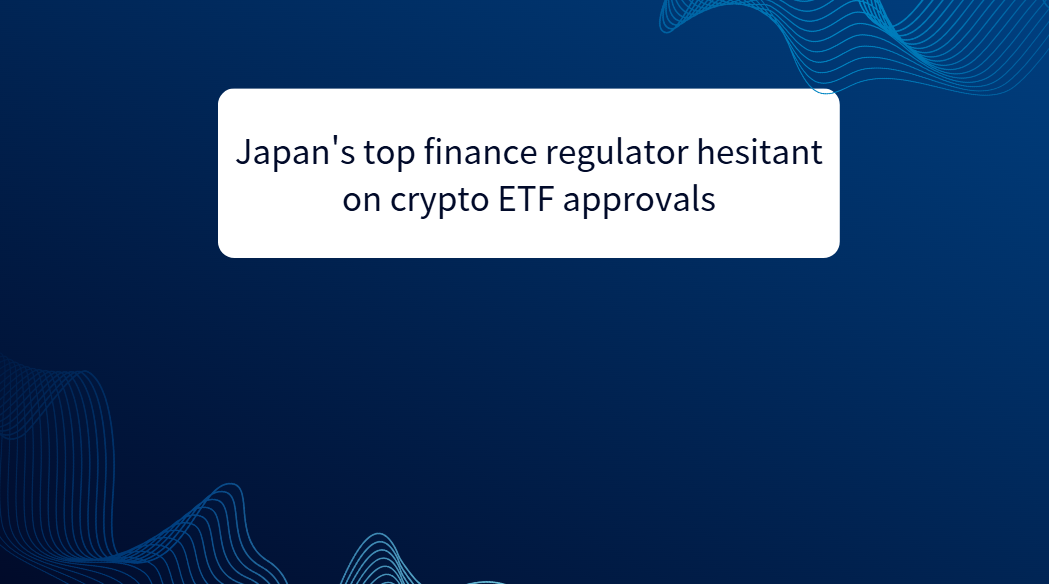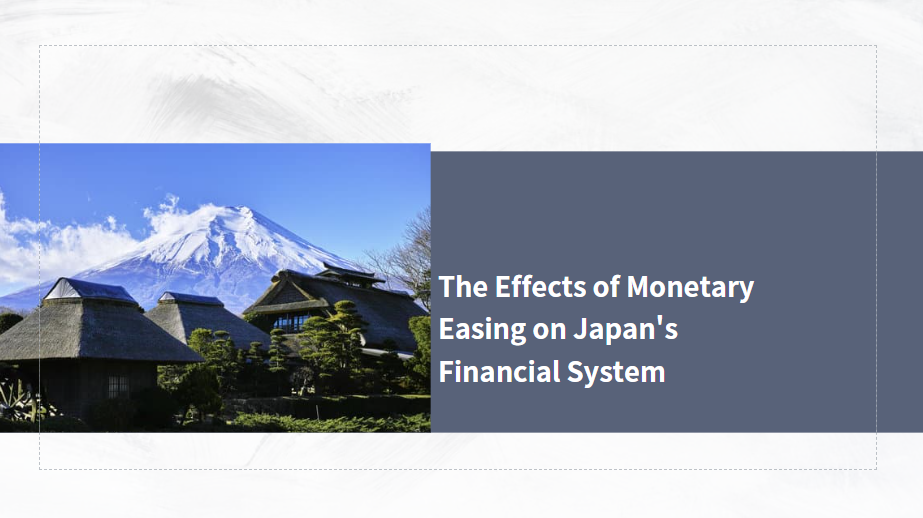Economic Activity, Prices, and Monetary Policy over the Past 25 Years
Abstract
On May 21, 2024, the second workshop on the "Review of Monetary Policy from a Broad Perspective," entitled "Economic Activity, Prices, and Monetary Policy over the Past 25 Years," was held at the Bank of Japan's Head Office. At the workshop, economists and financial and economic experts participated in a lively discussion.
Session 1 provided a review of economic and price developments in Japan since the late 1990s and a presentation on recent changes in the environment. Participants then discussed issues such as the impact of "Quantitative and Qualitative Monetary Easing" on the economy and prices, the reasons why behavior and a mindset based on the assumption that wages and prices would not increase easily had become entrenched as the norm in society, and whether the norm should be judged as changing.
Session 2 provided a presentation on the effectiveness of unconventional monetary policy through the "expectations channel" under the effective lower bound on interest rates and on the economic implications of moderate price increases. Participants then discussed issues such as the mechanisms of inflation expectations formation, the evaluation of the effects of monetary policy on expectations, and the consistency of theoretical views on the benefits of moderate price increases with reality.
In the panel discussion in Session 3, participants started by discussing reasons why the norm had formed and recent changes in the norm. Participants highlighted reasons for the formation of the norm since the late 1990s, such as the fact that maintaining employment had become the top priority, leading to a suppression of wages, and the fact that price competition continued to be severe. Meanwhile, while one view was that the norm was changing due to factors such as the growing shortage of labor, another view was that there had been no major structural changes in the labor market and that the recent increases in wages and prices may have been a temporary phenomenon caused by exogenous shocks. In addition, panelists reviewed the lessons learned from the monetary policy of the past 25 years. With regard to unconventional monetary policy, some argued that it had had positive effects such as improving the output gap even under the effective lower bound on interest rates, while others pointed to the difficulty of influencing expectations and the side effects of prolonged monetary easing on productivity.
·The views expressed at the workshop and summarized in this paper are those of the individual speakers and do not necessarily represent the views of the organizations to which they belong.























































First, please LoginComment After ~